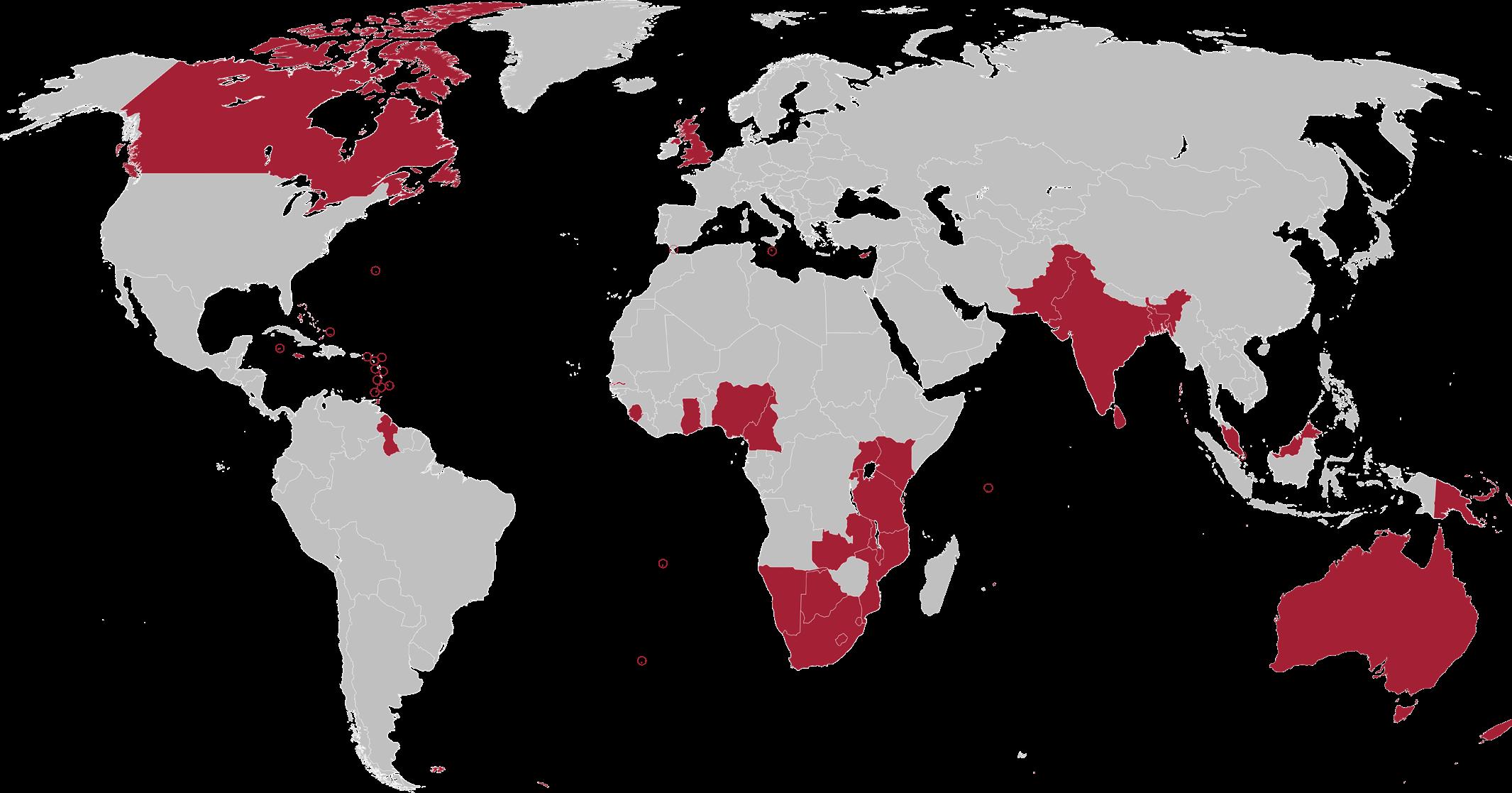
5 minute read
ROLE OF PARLIAMENT BEYOND POLICY
Parliaments have an important role to play in communicating the policy with a broad and diverse audience.
Prior to officially announcing the implementation of the policy, it is recommended that parliaments take time to reflect on what additional activities can be done to promote the policy and ensure that it is understood by everyone.
Parliaments are encouraged to look into areas such as: • Accessibility and awareness; • Continued support for parliamentarians, their staff, and parliamentary staff; • Monitoring and evaluation; • Policy updates.

ACCESSIBILITY AND AWARENESS
In order for their policy to be effective, parliaments must ensure that it informs everyone, including those working within its precinct and the wider public, that it is available for use. This can be done through the production of flyers and posters that can be displayed across offices and communal areas. Moreover, parliaments can engage with people virtually, by sending the policy via email or, providing a link to the document through the parliament’s website.
Depending on the availability of resources, bilingual and multilingual parliaments may look to translate the policy into languages represented in its jurisdiction to further spread information about the policy.
Legislatures should also consider making the policy easily accessible for persons with disabilities by striving to ensure components such as the format, colours and typography are adapted to their specific requirements.
SUPPORT
Parliaments should consider offering professional services to ensure that everyone has the required skillset needed to safely and successfully function at work, regardless of whether they have been exposed to harassment. Making provision for such services is important as it could help people learn essential skills needed to respond to harassment and manage its possible after-effects.
These services should either continue educating people on the issue of harassment or support people affected by harassment. Parliaments can contemplate facilitating the following:
Workshops and training
Parliaments can organise regular workshops and training sessions with professionals, non-governmental organisations or charities who have experience in raising awareness of harassment in the workplace.
Parliaments may look to make such programmes and events mandatory for everyone and could consider incorporating it into activities such as workplace induction programmes or teambuilding activities.
Post-incident support
Depending on available resources, parliaments may offer voluntary counselling or therapy sessions for persons who have witnessed or endured harassment.
This could allow individuals to gain sound, professional advice and techniques on how to successfully manage the possible after-effects of being involved in an incident of harassment, such as distress and insecurity. These sessions could support the rehabilitation of persons back into the working environment.
MONITORING & EVALUATION
Monitoring and evaluation is crucial for gathering information on the implementation of the policy, assessing and tracking its success and making necessary updates. It is therefore, imperative that this activity is done at regular and pre-agreed intervals and administered with the highest level of respect and confidentiality.
However, as mentioned in the section on the purpose of the policy, parliaments must clearly determine what they want to accomplish in the long term in order to obtain accurate data. This could be the number of people relying on the policy, a change in workplace culture or the overall reduction of complaints against harassment.
Parliaments can undertake this activity by asking all relevant stakeholders to anonymously complete surveys and provide feedback on the entire policy.
UPDATES
Parliaments must ensure that they remain proactive and update the policy to reflect any approved changes. Where possible, parliaments should endeavour to identify when and how regularly the policy should be updated. A number of parliaments across the Commonwealth have committed to updating their policy following a parliamentary election or at the start of a new parliament.

1. Lead by example
Parliaments should communicate their own successes with regard to adopting an anti-harassment policy and tackling issues relating to harassment in the workplace. Openly sharing achievements and best practices provides parliaments with the invaluable opportunity to learn from each other and it may encourage other institutions and organisations in the Commonwealth, and beyond, to adopt and introduce similar policies.
2. Endorse reports
Many parliaments have relationships with, and access to: nongovernmental organisations; universities; government departments and charities who are undertaking pioneering work and research on harassment. Parliaments can use the data and knowledge shared by these bodies to add greater legitimacy to the purpose of the policy.
3. Communicate with stakeholders
Legislatures are encouraged to establish and strengthen two-way communication between those responsible for developing the policy and persons who are required to uphold it, but also during its implementation and ongoing evaluation. Having effective communication can help to build trust and create healthy power dynamics that encourage informative and efficient dialogue, which is vital if the parliament wants the policy to be successful.
4. Conduct research
Research highlights that harassment in the workplace is much more commonly experienced by women than men. Unfortunately, harassment in its various forms against men and non-binary individuals is an often-neglected area of research.10 This alone reveals that not all available research is truly reflective of the experiences in every parliament. Therefore, maintaining an accurate record of data is of crucial importance in understanding the different experiences and requirements of the individuals represented. This could be done by developing surveys or where possible and appropriate host focus group that target men and other groups whose experiences are usually not reflected in research.
5. Work with experts
Parliaments are required to have adequate knowledge on the effect and prevention of harassment in the workplace, however understanding this may be complex. Experts have the ability to simplify and easily communicate the key points and actions required to ensure that parliaments strive to be harassmentfree. Additionally, experts can be a great source of advice and guidance when conducting reviews of the policy and meeting with stakeholders, as they will be able to provide factual, relevant and unbiased information.
6. Remain focused on the goal
Whilst it is very easy for parliaments to focus on a specific area of concern, such as sexual harassment, parliaments are encouraged to consider addressing and eradicating other forms of harassment that are often overlooked.
15. https://apps.who.int/iris/bitstream/handle/10665/77434/WHO_RHR_12.37_eng.pdf;jsessionid=8EE5B69CA7B6C6B5692532E08E73CE9C?sequence=1 (page 5)



